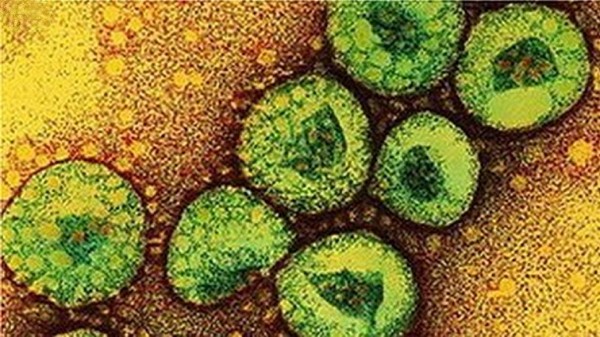Abu Dhabi announces two new MERS cases
Health officials said that both patients are in a stable condition and are receiving the necessary medical care.

The Health Authority of Abu Dhabi (HAAD) has announced two new cases of MERS coronavirus in the emirate, state news agency WAM reported.
The statement added that both patients were in a stable condition and were receiving necessary medical care.
One of the infected patients was a 29-year old lorry driver, who transported camels from Oman, HAAD confirmed. However, the authority did not provide any details about the other patient.
Officials also said that the two patients showed no symptoms and the infection was discovered through active investigation. The patients are now isolated in the hospital as a precautionary measure.
Based on similar cases, HAAD has said that the two patients should recover from the virus automatically in 10-14 days.
The authority is also actively checking the health status of all those who have been in contact with the MERS-infected patients, the statement said.
Experts have also been worried about a seasonal surge in MERS infections during the early part of the year, a trend that seems to be repeating in 2015 as well.
The UAE noted its first MERS case this year in February, when a 38 year-old expat in Abu Dhabi was diagnosed with it. The patient later succumbed to the disease and passed away.
Meanwhile Saudi Arabia too has been seeing a rise in MERS infections this year.
Last week, the Kingdom’s health ministry recorded 12 new infections, bringing the number of people diagnosed to 1,000. The death toll in Saudi Arabia due to MERS has crossed 400.
MERS is a respiratory disease that causes coughing, fever and breathing problems, and can lead to pneumonia and kidney failure.
The virus is known to be contracted through exposure to infected individuals, from hospitals and by direct contact with camels -believed to be carriers of the virus.
There is no cure or vaccine for MERS, which kills around 40 per cent of its victims.
Experts have also been worried about a seasonal surge in MERS infections during the early part of the year, a trend that seems to be repeating in 2015 as well.
